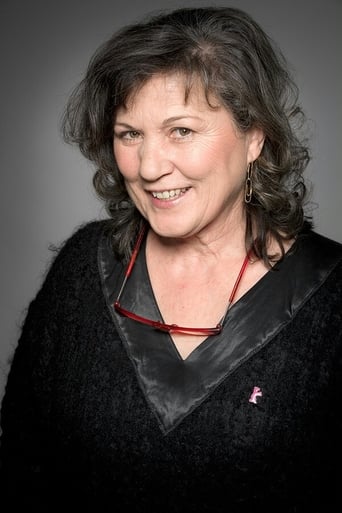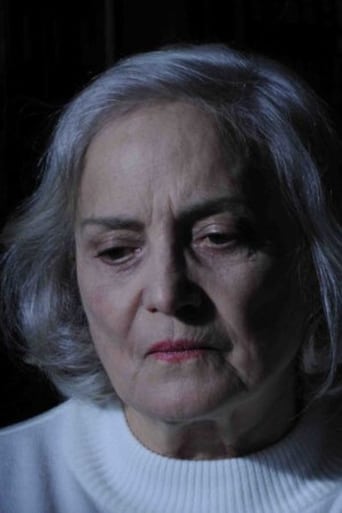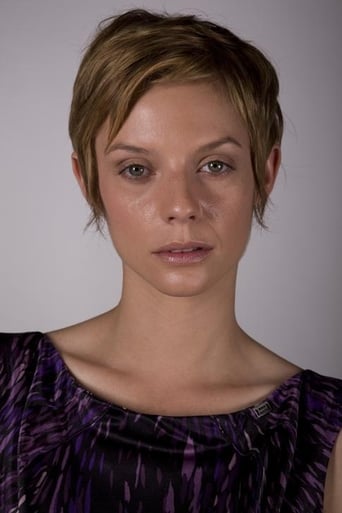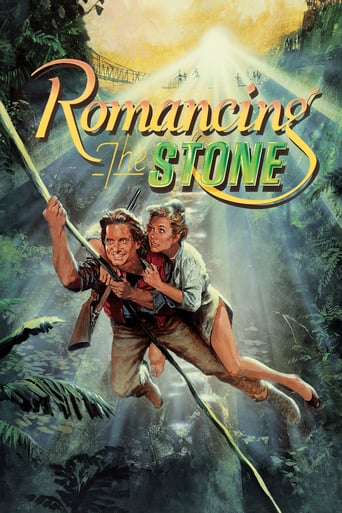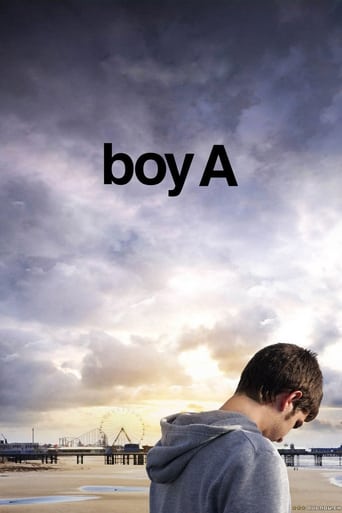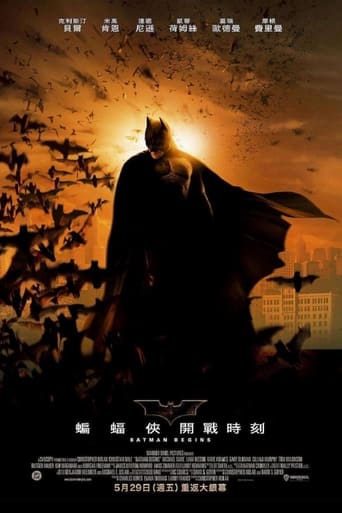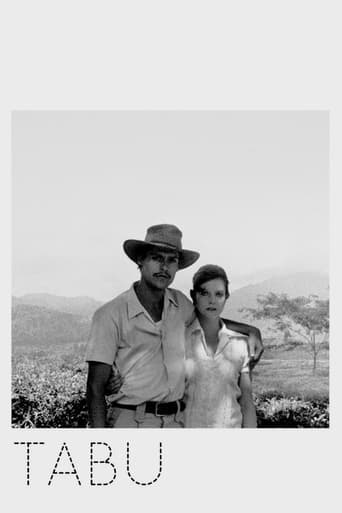
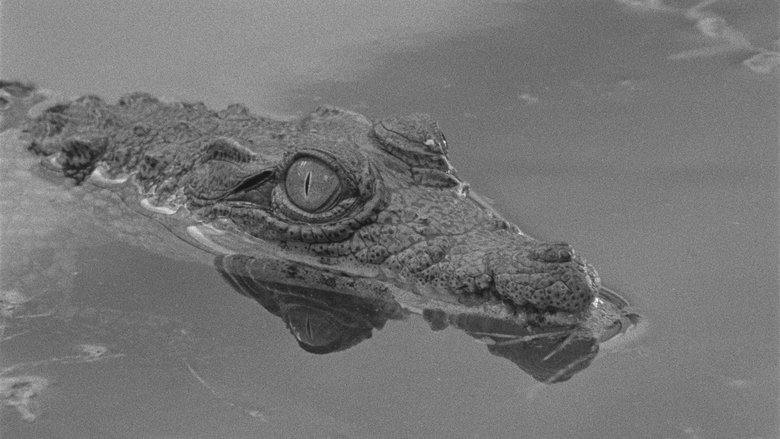
Tabu (2012)
Lisbon, Portugal, 2010. Pilar, a pious woman devoted to social causes, maintains a peculiar relationship with her neighbor Aurora, a temperamental old woman obsessed with gambling who lives tormented by a mysterious past.
Watch Trailer
Cast
Similar titles
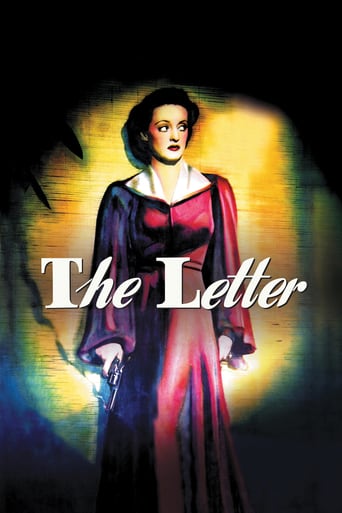
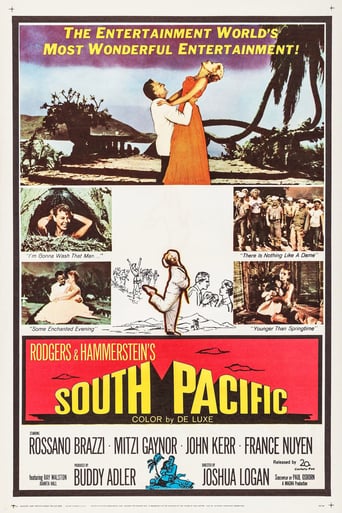
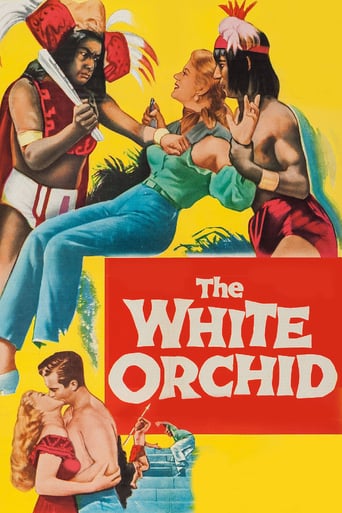
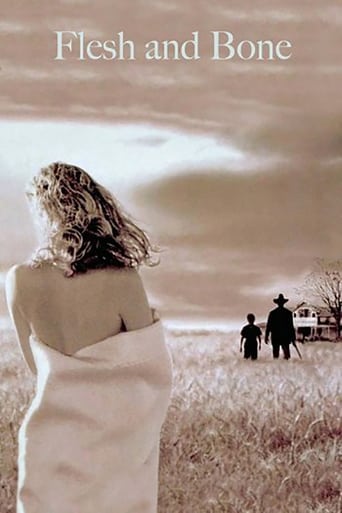

Reviews
the audience applauded
Masterful Movie
Highly Overrated But Still Good
Good story, Not enough for a whole film
Memories of the past do not always tell us about people and events as they actually were, but often are a mixture of truth and illusion. Portuguese director Miguel Gomes' third feature Tabu takes us on a nostalgic journey that begins in the modern city of today's Lisbon and travels to colonial Africa fifty years ago to attempt to recapture in memory the paradise that was lost. Shot in black and white by cinematographer Rui Poças and using 16mm film rather than color to establish a time differential, the film reminds us of the romantic movies Hollywood used to make in the 1930s and owes a debt to F.W. Murnau, whose title was borrowed from his 1931 South Seas adventure.Divided into two parts, Tabu's first section depicts an elderly woman, a dreamer beset by remorse and regret, who is fast losing her grip on reality. The second is the story of an obsessive love set in the shadows of a fictional Mount Tabu in Africa. It is a moving story of love and loss, silent except for a voice-over narration, the ambient sounds of nature, and the music of Phil Spector and others from the sixties. The film begins with an enigmatic prologue in which an explorer, distraught over the death of his wife, decides to end his life by swimming with the crocodiles, an allegorical reptile used as a recurring motif throughout the film. The scene then shifts to Lisbon where Aurora (Laura Soveral), an elderly victim of an unknown troubled past, is now close to the end of her days.She lives with Santa (Isabel Muñoz Cardoso), her maid from Cape Verde who fills her own days by reading Robinson Crusoe at the local book club. Though Santa caters to her every need, Aurora is convinced that she is a sorceress who is putting a spell on her. Having lost her money at the casinos, Aurora looks to her estranged daughter living in Canada and her neighbor, Pilar ((Teresa Madruga), a staunch Catholic and social activist for financial help but little is forthcoming. When Aurora is taken to the hospital, she talks about the only time she truly felt loved, the time when she met a playboy and adventurer on her husband's colonial estate back in the sixties.Aurora asks Pilar to find her friend, Gian Luca (Henrique Espírito Santo) and have him come to her one last time, but she dies before he is found in a nursing home. Using material from diaries and private letters to establish its credibility, Ventura tells his story to Pilar and Santa over a cup of coffee. It is a personal engaging and deeply felt and is related with poetic insight, told from his point of view. Shifting back fifty years, we see a young Aurora (Ana Moreira), an heiress who has inherited a farm from her father. Surrounded by doting black servants, she is married to a wealthy merchant (Ivo Muller) and pregnant with his child, but her life will change forever when she meets Gian Luca Ventura (Carloto Cotta), a member of her husband's friend Mario's (Manuel Mesquita) rock band and begins a stormy, furtive love affair that will begin and end many times but in the emotions it engenders, it will last a lifetime.Their story is dramatized in the context of a native rebellion, the beginning of the decolonization process that began in 1961 and continued for more than ten years. Though Gomes glosses over these events and shunts them to the background, the film's depiction of the white adventurers tells us all we need to know about the colonial mentality. At its core, however, Tabu is not a film about history or even about big ideas but an old-fashioned love story that, while perhaps never quite penetrating below the surface of its characters, captivates with its mood, physical beauty, and sense of dream-like mystery. It is a wistful and haunting film about the day when all that is left are memories, dreams, and an overriding longing for an imagined paradise. To Gian Carlo, as to all, in Proust's words, "It comes so soon, the moment when there is nothing left to wait for."
For the duration of its first half, 'Tabu' is one of the most boring films I have ever seen: set in Lisbon, it features a woman worrying about her neighbour, an elderly woman who has been abandoned by her daughter and whose only companionship is her maid. Characters talk about nothing in the most unemotional tones imaginable and the viewer starts to think about the money he has wasted on the cinema ticket. But things perk up when the old woman dies: we flashback to when she was young and living in a Portuguese colony in Africa, having an affair with a young musician. None of the characters in this segment speak: the only dialogue is the voice-over of the musician's older self. It's an effective method.For added arty-farty points, much of the film is in black-and-white, but I'd watch it again, although possibly skipping the first 45 minutes or so...
"The film starts off about a women with a delusional dying neighbour but with over an hour ago we find out the past of this neighbour when she lived in Africa, this second half of the film is what takes down it's grade a bit" This film seems to be inspired by many films of the past which I will mention later but this film is one of those that will have mixed reactions I believe. The film is split into two parts and part one called Paradise Lost where we met Pilar (Teresa Madruga) a retired women living in Lisbon. Her neighbour Aurora (Laura Soveral) seems to believe in many strange things believing that Pilar is her best friend and must help her before she eventually dies. Once Aurora dies at the funeral Pilar starts to talk to a strange man named Ventura (Henrique Espírito Santo) who knew Aurora when they lived next door to each other in Africa. The second part then starts and it is called Paradise telling the story of Aurora (Ana Moreira) and Ventura (Carloto Cotta) when they were younger including a forbidden love shared between the two but also how that messed up their lives.The film is shot entirely in black and white but also all the dialogue is Portuguese. I believe that the first part of the film works better because of awkward some of the scenes feel but also of how Aurora, Pilar and Santa are involved in the story. The second part of the film does not work as well for me because of many scenes were there is no sound even if we do see the actors speaking, the only words in this part is a voice-over provided by Henrique Espírito Santo as he explains the story being told on screen. The choice to use black and white I thought was a good choice especially for the second part as it was a flashback we watched and looked like it was filmed on old style film. The story did get confusing for me at times but I couldn't take my eyes off some of the images especially in the second half of the film.The performances are more needed in the first part of the film because they actually get to speak dialogue. Teresa Madruga playing Pilar is fine but her performance is more of reactionary one as she observes events that are happening around her. Laura Soveral playing the older Aurora in her limited screen time gives the best performance in the film. She just knew how to play this character's descent into madness very well which is why the film is all about her character in the past and in present time.The film does have it's great moments but because of the failings of the second half to set up as much an interesting story as the first the film. The film does well at surprising me because most of what happens in the film I was not expecting to happen.MOVIE GRADE: B (MVP: Laura Soveral)
I always loved voice-overs in films. Almost as much as I hated all attempts of realism in films.So called "reality" is the worst kind of delusion. It makes us feel that we have time when in truth there is not time. It binds us to the moment and makes us blind to what it means. A story can reveal tragedy but when you are in the midst of it, in the "reality" of it, you only see that "reality" which makes everything trivial.That's the magic of the voice-over. You see everything happening as in "reality" but the voice-over pulls you back and the reveals the greater truth, the story.In this film, this is cleverly utilized. The story is banal for sure but the voice-over reveals that what was conceived as "real" was only a dream. This film stays in the voice-over and shows how most of our talk is just blabber and not necessary to understand what is going on. In the second part of the film, which is the part in which the voice-over takes over, there is no dialogue to be heard and I, as the viewer, could not be more happy about it. The paradise, which is the title of this second half of the film, is, to me, the blessing of not having to hear the blabber. All other sounds are revealed and the director makes a point out of it. These sounds do not disrupt the magic. Only the blabber would do that and bring forth the trivial.
